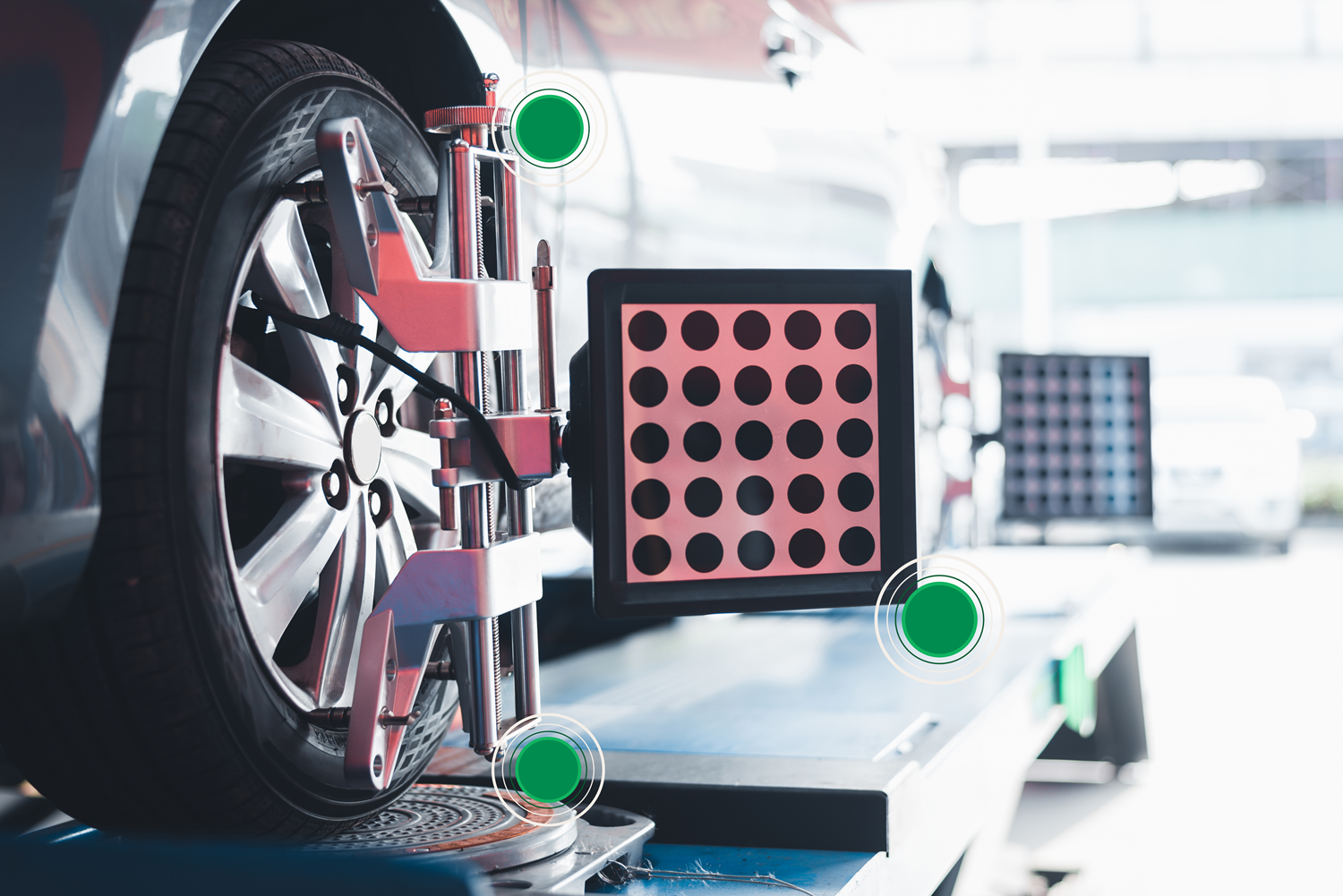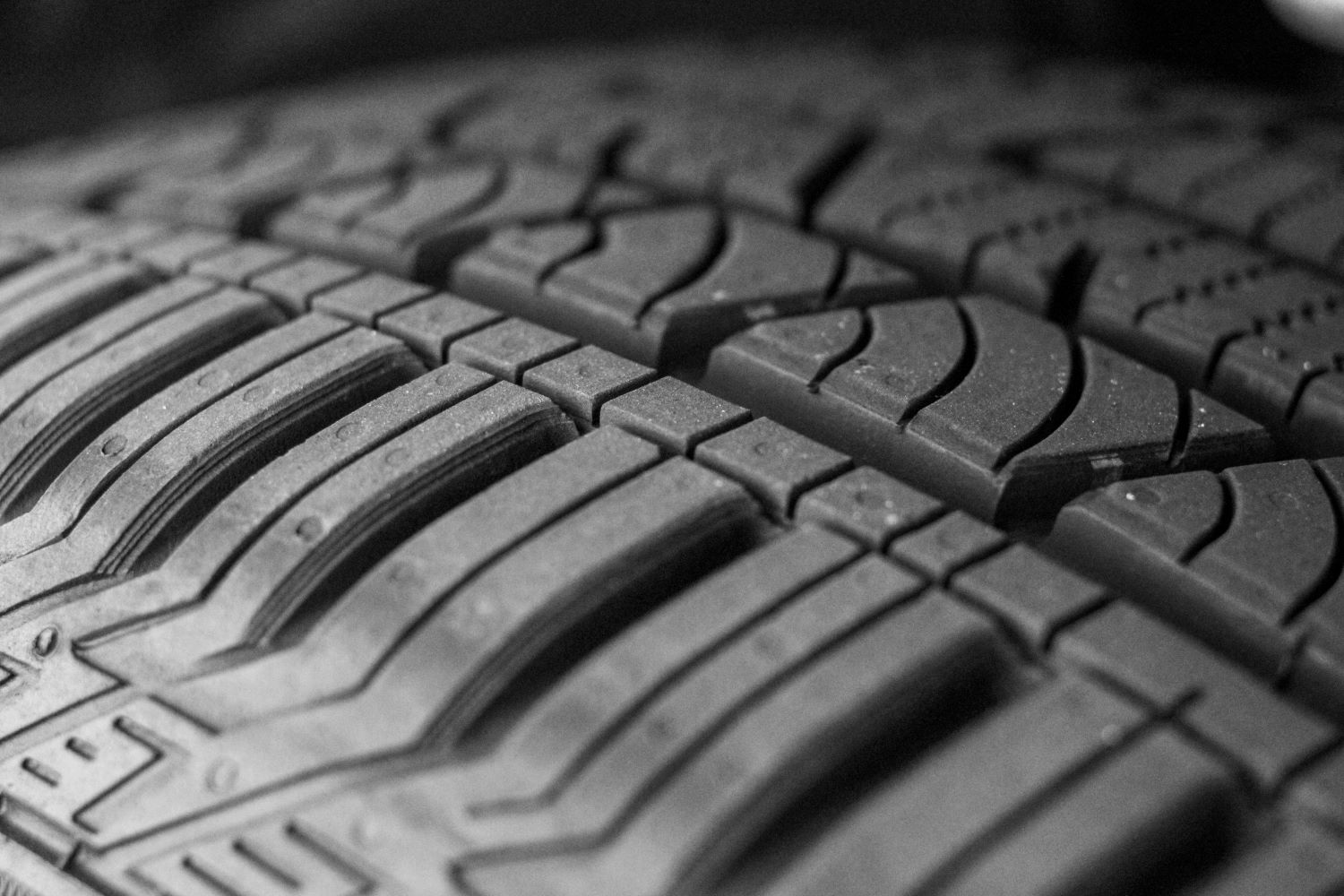
The Importance of Regular Wheel Alignment and Rotation
Regular wheel alignment and rotation are important aspects of vehicle maintenance that ensure your car's wheels are positioned correctly. This process not only improves handling and driving safety but also prevents uneven tyre wear, enhancing the overall performance of your vehicle. If you're unsure about the alignment of your wheels and how to check it, don't hesitate. Book your vehicle for a DEKRA Technical Inspection today and we'll take a look for you. Click/tap here to find a branch near you.
1. What is Wheel Alignment
Wheel alignment is the process of adjusting the angles of your car's wheels so that they are set to the manufacturer's specifications. This ensures that the wheels point straight and are positioned correctly relative to each other and the road. Proper alignment improves handling, prevents uneven tyre wear, and enhances driving safety.
2. What Causes Wheel Misalignment
- Hitting potholes
- Striking curbs
- Collisions or accidents
- Worn suspension components
- Regular wear and tear
- Driving on rough or uneven roads
- Incorrect installation of suspension parts

3. Benefits of Regular Wheel Alignment
Improved Handling and Safety
Properly aligned wheels ensure that the vehicle handles correctly, reducing the risk of accidents.
Enhanced Tyre Lifespan
Misaligned wheels cause uneven tyre wear, leading to premature tyre replacement. Regular alignment helps tyres wear evenly and last longer.
Better Fuel Efficiency
Misalignment can cause your vehicle to drag, increasing fuel consumption. When wheels are correctly aligned, it optimises performance and fuel economy.
Reduced Wear on Suspension and Steering Components
Misalignment puts extra stress on the vehicle's suspension and steering systems, leading to faster wear and potential damage. Regular alignment helps preserve these components.
4. When is the Best Time to Get Your Vehicle's Wheels Aligned?
- After installing new tyres
- If you notice uneven tyre wear
- After hitting a significant pothole or curb
- Following an accident or collision
- When replacing suspension or steering components
- If the vehicle pulled to one side while driving
- When the steering wheel is off-centre while driving straight
- At regular intervals, typically every 5 000km to 6 000km, or as recommended by your vehicle manufacturer
5. What is Wheel Rotation and Why is it Important
Wheel rotation involves changing the position of the tyres on your vehicle. This process can include moving the front tyres to the back and vice versa, or switching the left and right tyres, following a specific pattern.
6. The Benefits of Wheel Rotation
- Even Tyre Wear: Promote uniform tread wear, increasing tyre lifespan
- Improved Performance: provides better traction and handling for safer driving
- Cost Savings: Reduces the need for frequent tyre replacement, saving money
- Maintained Balance: Helps keep the vehicle balanced and aligned, leading to a smoother ride
- Enhanced Fuel Efficiency: Properly rotated tyres can improve fuel efficiency by reducing uneven wear and drag
7. When is the Best Time to Rotate Your Tyres?
- Every 8 000km to 10 000km, or as recommended by your vehicle manufacturer
- During every oil change
- When you notice uneven tyre wear
- If you experience unusual vibrations while driving
- Before and after long road trips
- When switching between seasonal tyres (if you live in a region that requires it)
8. Don't Know if You Should Have Your Wheels Aligned or Rotated?
Are you unsure whether it's time to align or rotate your wheels? Don't worry, you're not alone! Many drivers aren't confident in spotting the signs, which is where DEKRA comes in. Bring your vehicle to DEKRA for a Technical Inspection and our expert technicians will thoroughly check your wheels and tyres. They'll also help identify any other issues and provide you with the necessary advice and guidance on which steps to take next. You can trust DEKRA to take the guesswork out of vehicle maintenance!

Regular wheel alignment is essential for maintaining your vehicle's safety, performance, and longevity. By ensuring your wheels are properly aligned and your tyres rotated, you can enjoy improved handling, better fuel efficiency, and extended tyre life. Don't wait until you notice problems. Be proactive by booking your vehicle for a DEKRA Technical Inspection. Get in touch with the DEKRA team today.